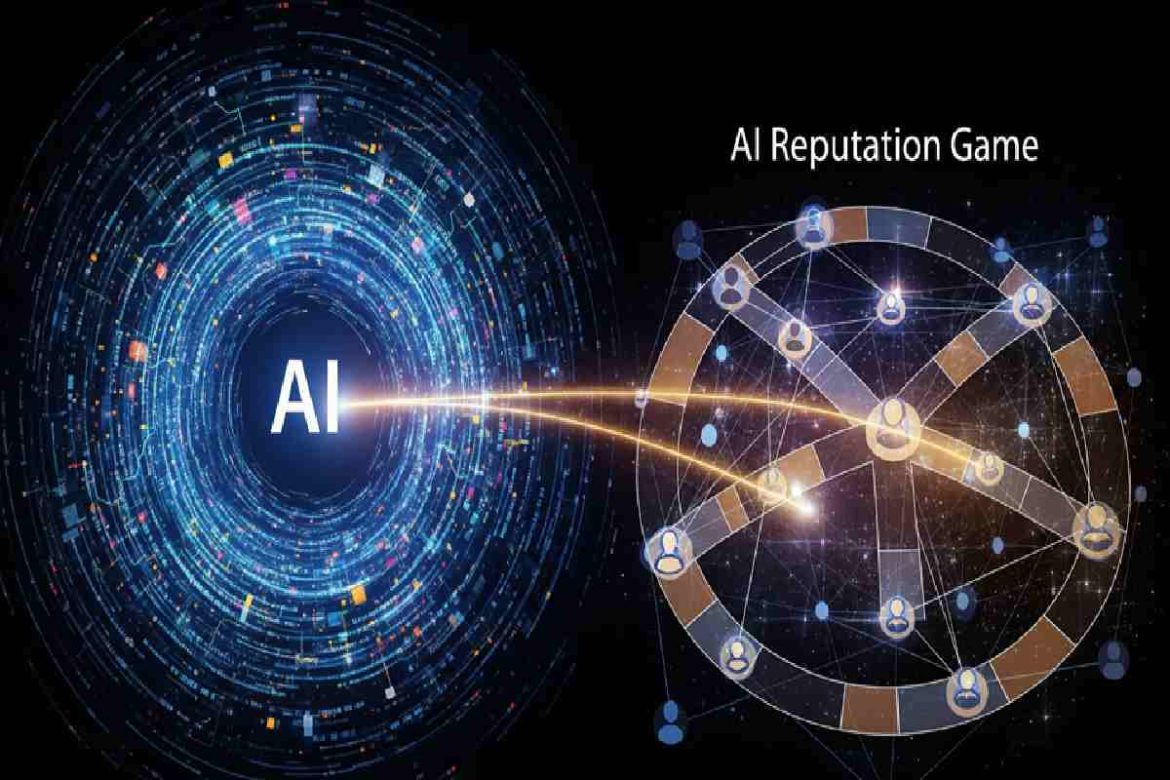AI can tell you what people are searching for — but it can’t tell you what move to make next.
Artificial intelligence has transformed how we monitor search behavior, predict trends, and respond to shifts in consumer interest. But when it comes to protecting and enhancing online reputation, data alone isn’t enough. Winning the reputation game still requires strategic thinking, brand awareness, and human nuance.
Table of Contents
What AI Does Well: Spotting Search Signals at Scale
Artificial intelligence excels at identifying patterns in massive datasets, particularly search behavior. It can reveal what people are Googling, when they’re doing it, and what language they’re using. That kind of insight is gold for marketers, PR teams, and reputation management professionals looking to stay ahead of public opinion.
Key capabilities of AI in search analysis:
- Keyword trend detection
- Sentiment analysis
- Behavioral prediction
When used correctly, AI enables faster, smarter decisions. You can see what’s trending in real time, adjust messaging, and push content that aligns with rising interest. But knowing what’s trending isn’t the same as knowing what to do about it.
The Blind Spots of AI: Data Without Direction
Despite its strengths, AI doesn’t understand context, consequences, or brand reputation in the way humans do. That’s where strategy takes the lead.
The limitations of relying on AI alone:
- Garbage in, garbage out: Poor data quality leads to misleading conclusions.
- Algorithmic bias: AI may amplify existing blind spots or skew insights based on incomplete data.
- No brand voice: AI can’t differentiate between what’s “on-brand” vs. what’s risky or tone-deaf.
- Reactive, not proactive: AI follows trends; strategy creates
You can identify a surge in negative sentiment tied to your brand, but only a human can decide whether to issue a statement, update content, or change course entirely.
Why Strategy Still Wins in Reputation Management
Reputation management is about more than reacting to what’s trending. It’s about shaping public perception, proactively building trust, and responding with intention, not just speed.
What makes a strong reputation strategy?
- Clear objectives
- Defined audience segments
- Consistent messaging
- Proactive engagement
In short, AI shows you the playing field. Strategy decides the next move.
Marrying AI Insights with Strategic Planning
The most effective reputation programs utilize a combination of AI and human strategy. AI helps you listen at scale — strategy helps you decide what’s worth responding to, and how.
How to combine both:
- Use AI to monitor sentiment shifts
- Track trending keywords
- Identify patterns in feedback or reviews
The synergy of data + direction creates faster, smarter, and more reputationally sound decision-making.
Reputation Is a Long Game — AI Just Helps You Play It Smarter
No tool, no matter how powerful, replaces judgment, creativity, or brand intuition.
AI is a game-changer when it comes to identifying early warning signs, understanding consumer intent, and adapting in real-time. However, the brands that win the reputation game are those with a clear plan, a strong voice, and the foresight to think beyond the current trend.

